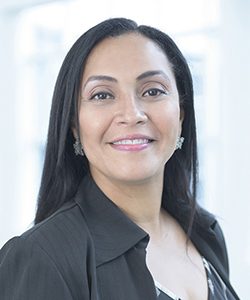Faculty Research Fellows Program
The Morgridge International Reading Center Faculty Research Fellows Program is designed to promote learning to read the world and the word from a transdisciplinary perspective.
The program aims to establish a robust and transdisciplinary community within the college, facilitating the exchange of ideas and expertise. Through regular monthly in-person meetings at the MIRC, fellows engage in scholarly dialogue and collaborative research endeavors.
Central to the program's objectives is the development of research grant proposals aligned with the MIRC's mission of “bringing people and ideas together.” Faculty research fellows are encouraged to pursue innovative projects that contribute to our understanding of literacy and education while addressing real-world challenges.
In addition to their research activities, fellows provide advisory support to various initiatives within the MIRC including graduate research assistants, postdoctoral scholar support programs, distinguished lecture series, and the development of other research and innovations. They are also expected to present their work — ideally with students — at the CCIE Research Impact Showcase.


